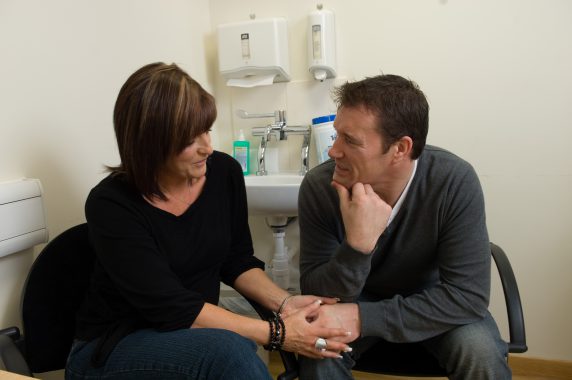Introducing occupational therapists into primary care could save the NHS nearly £200m a year, while reducing strain on mental health services, a report has said.
The Royal College fo Occupational Therapists report has recommended that half of the occupational therapy workforce should be sent to work in primary care to improve access to treatment and outcomes for patients with mental health problems.
The report suggests that occupational therapists should be leading mental health service delivery in primary care to improve access to mental health care and reduce the number of patients attending more costly secondary care services.
The college also recommended that occupational therapists should be supporting people with mental health problems by helping them to access education and employment and to improve their physical health.
The college said in a linked case study: ‘There are approximately 5,000 equivalent full time mental health occupational therapists working in the NHS in England.
‘We know that people achieve better outcomes when they receive early access to services. However, less than 5% of mental health professionals such as occupational therapists work in GP services.
‘This results in 75% of people not getting the access to the mental health services they need.
‘If 2,500 occupational therapists were commissioned to lead models [in primary care], with the expectation that each discharged 100 people from secondary services per year, this would lead to the saving of £196,875,000.’
The report comes as a study showed earlier this month that almost half of GP consultations now include a mental health problem.
Pulse October survey
Take our July 2025 survey to potentially win £1.000 worth of tokens














